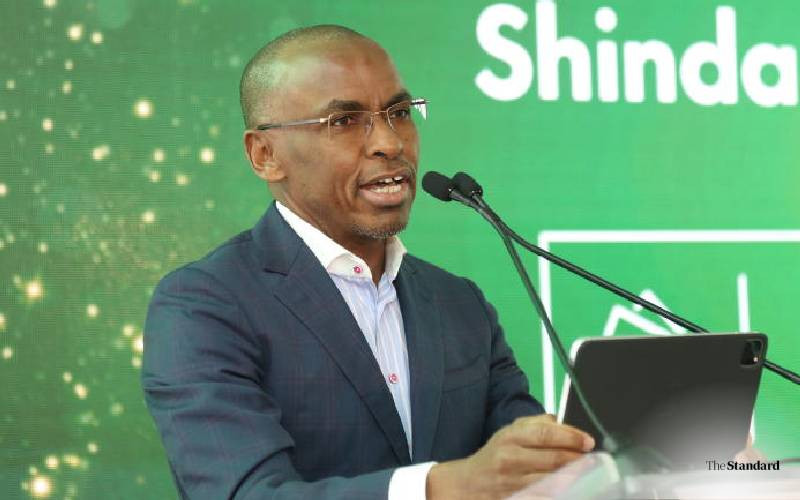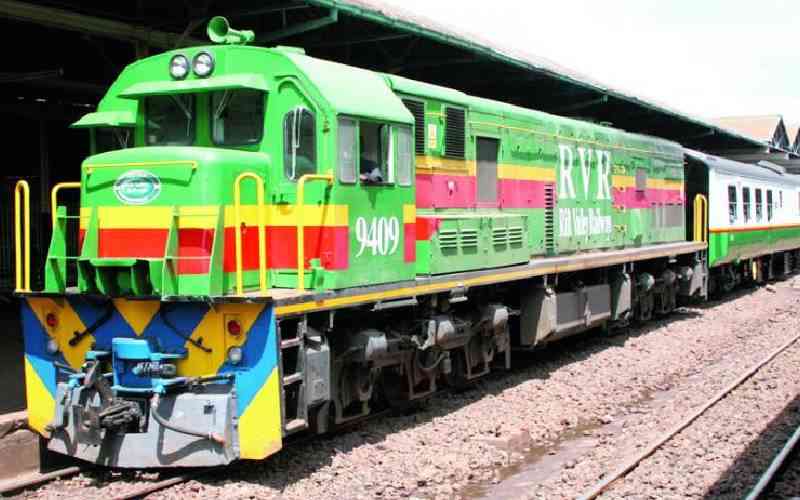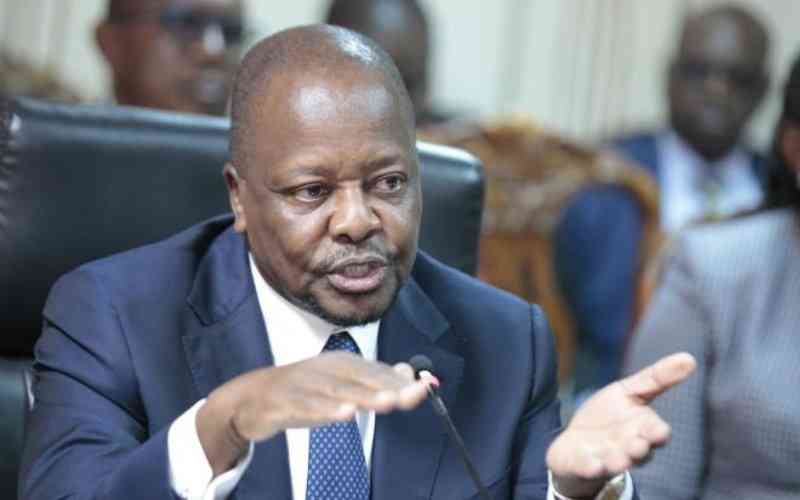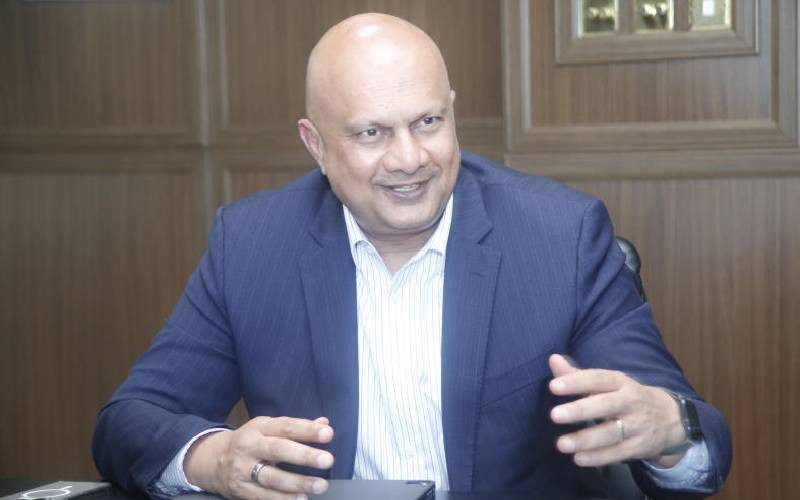
In compliance with Section 25 of the Public Finance Management Act of 2012, the National Treasury presented to the Cabinet the Budget Policy Statement (BPS) for approval, and subsequently to the National Assembly on February 13, 2025. Legally, the BPS must be presented to the National Assembly by February 15th each year.
Parliament must then consider and approve it with or without amendments within 14 days. Effectively, that means that the country must have an approved economic plan before the end of February each year. Once approved, the BPS sets the hard ceilings for budgetary allocations to various sectors of the economy. The BPS sets the economic foundation or evidence to support budget estimates that must be presented to Parliament by April 30.







